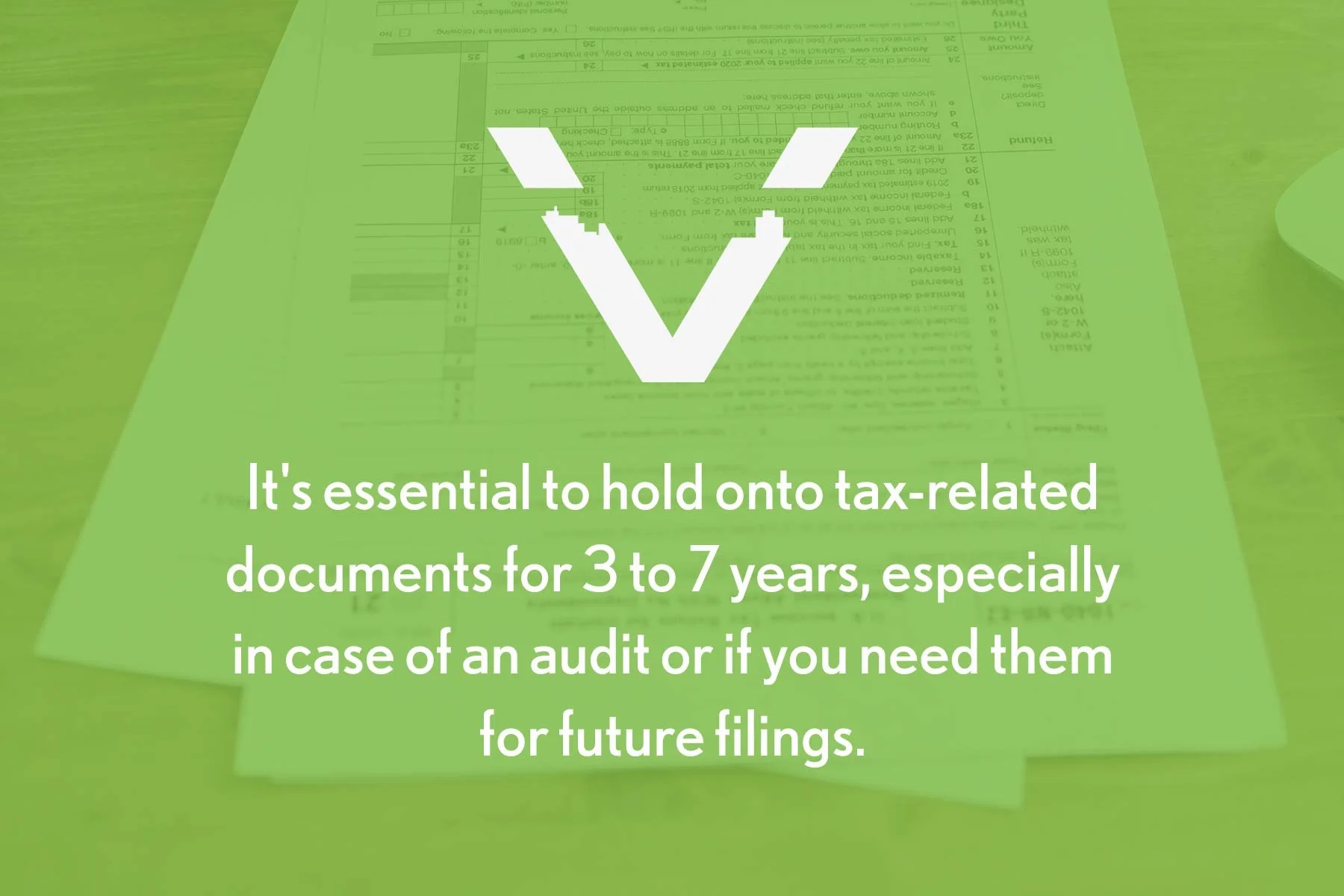Tax Season Checklist and Filing Preparation Guide
As tax season approaches, it's time to get organized and make sure you're fully prepared to file your taxes. Whether you're a first-time filer or a seasoned taxpayer, knowing how to maximize your tax return can save you money. Follow this comprehensive tax season checklist to help guide you through tax filing preparation and ensure you’re taking advantage of all available deductions, credits, and benefits.
1. Tax Season Preparation
The key to stress-free tax filing starts with preparation. Gathering the necessary documents ahead of time will save you time and minimize the risk of missing important deductions or credits.
Before diving into tax season, consider the following steps:
Review last year's return: Take a look at your previous year's tax return for any carryover items or deductions you may need to include.
Check for any life changes: Major life events like marriage, having children, or a change in employment status can impact your tax filing. Be sure to update your filing status and look out for new deductions or credits you might qualify for.
Review any changes in tax laws: New tax laws and credits can change yearly, so stay updated on what’s relevant for your current filing.
Review your withholding for the upcoming year: If you received a large refund or owed taxes last year, adjust your withholding allowances to avoid surprises in the next tax season. This can be done by submitting a new W-4 to your employer.
2. Necessary Documents for Filing
Being organized with your documents is a key part of tax filing preparation. Some common documents you'll need include:
W-2 forms: If you're employed, your employer will provide a W-2 form that outlines your income and the taxes that have been withheld.
1099 forms: These are needed if you are a freelancer or contractor, detailing income earned outside of a regular employer-employee relationship.
Receipts for deductions: Gather receipts for expenses such as charitable donations, business-related expenses, and medical costs that may qualify for deductions.
Form 8889: If you have a Health Savings Account (HSA), you’ll need this form to report contributions and withdrawals.
Details for direct deposit: Ensure your account details are correct to receive any potential refunds quickly.
Having all your paperwork ready will help avoid delays and ensure you're not missing any valuable deductions.
3. Understanding Your Filing Status
Your filing status is one of the most important factors in determining your tax rate and the amount of tax you owe. The IRS offers several filing statuses:
Single: If you are unmarried, this is your default status.
Married Filing Jointly: This status typically offers tax benefits if both spouses have income.
Married Filing Separately: This is useful in some situations, such as when one spouse has significant medical expenses.
Head of Household: Available for individuals who provide more than half the support for a dependent child or relative.
Knowing which status applies to you ensures that you're getting the best possible tax rate and maximizing your tax return.
4. Knowing Your Deductions and Credits
One of the best ways to maximize your tax return is by taking full advantage of all available deductions and credits. Here are some commonly overlooked ones:
Standard Deduction vs. Itemizing: You can either take the standard deduction or itemize your deductions (whichever gives you the most benefit). This can include deductions for mortgage interest, student loan interest, and medical expenses.
Child Tax Credit: If you have qualifying children, this credit can significantly reduce your tax bill.
Retirement Savings: Contributions to retirement accounts like IRAs or 401(k)s may be tax-deductible. Voyage offers IRA accounts that may help you reduce your taxable income while saving for retirement.
Charitable Donations: If you’ve made charitable contributions, you may qualify for deductions. Be sure to keep receipts or a record of your donations, whether they’re monetary or goods-based.
Being aware of these deductions and credits can make a big difference in your final tax return.
5. Tax Deadlines and Avoiding Penalties
Missing tax deadlines can lead to unnecessary penalties and interest. The IRS typically sets the deadline for filing taxes on April 15. However, if you need more time, you can apply for an extension, which gives you until October 15 to file your return.
Be aware of important deadlines:
April 15: Deadline for filing your taxes or requesting an extension.
October 15: Deadline for filing if you requested an extension.
Avoid penalties by filing on time, and remember that paying early can prevent interest from accruing on any outstanding balances. Be sure to track any stimulus payments or tax advances you may have received in the past, as these will impact your tax return.
Additional Tips for Tax Season Success
To help make your tax filing even smoother, consider these additional tips:
Double-check your account information: Ensure that your account details are correct for a quick and accurate direct deposit of any tax refunds.
Consider filing online: Online filing services can guide you through the tax filing process and help you maximize your deductions.
Keep your tax records for future reference: It's essential to hold onto tax-related documents for 3 to 7 years, especially in case of an audit or if you need them for future filings.
Consult a tax professional for complex situations: If you’re self-employed or have investments, it might be helpful to get professional assistance to navigate complex tax situations.
The Bottom Line: Prepare, File, and Maximize Your Tax Return
Tax filing can seem overwhelming, but with proper preparation, you can navigate the process with confidence. Be sure to follow this checklist and review the necessary documents, your filing status, available deductions and credits, and tax deadlines. With these steps, you can maximize your tax return and avoid any penalties.
If you need further assistance, contact Voyage and we can help keep you organized and point you in the right direction. Start your tax season preparation today and take the stress out of filing your taxes!


